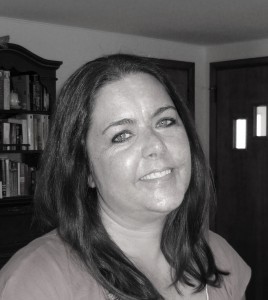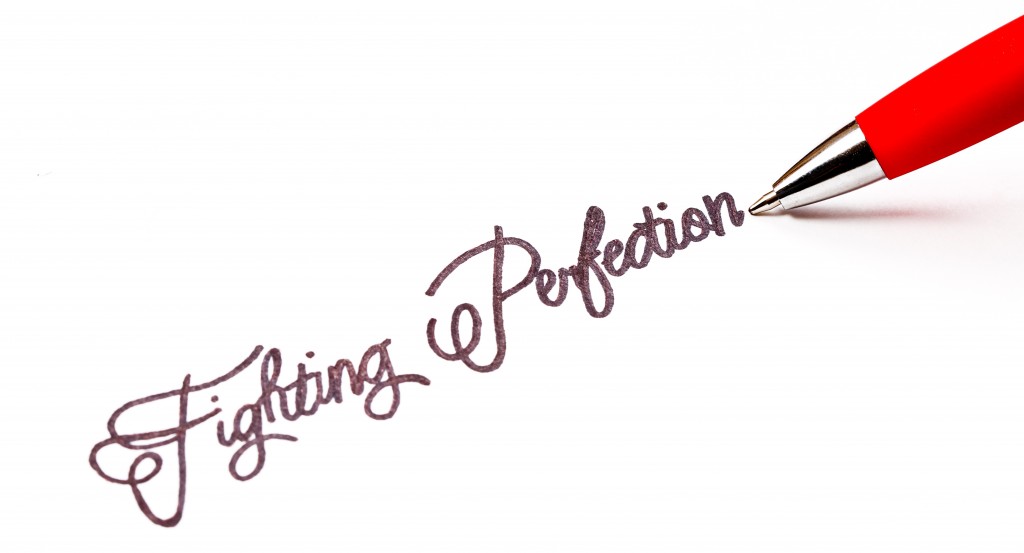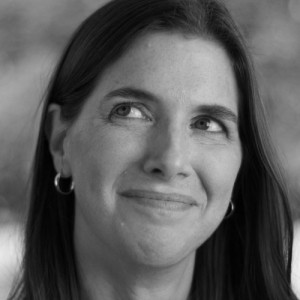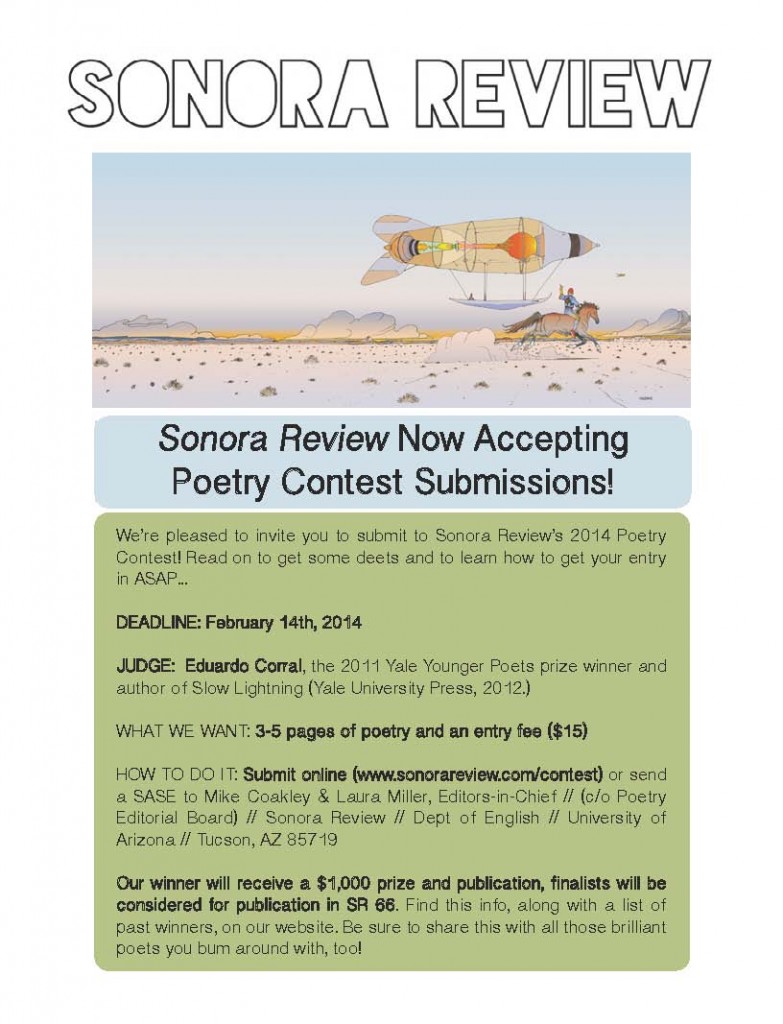
During my time as a journalist, I’ve found that the hardest part of my job isn’t reviewing, or writing features: it’s the interview. An intimate one-on-one where anything can go wrong if you ask the wrong question (or the right question at the wrong time) can be nerve-wracking for first-timers (or even seasoned veterans).
I’ve interviewed dozens of people, and each time I do I get this horrible sinking feeling in the pit of my stomach. When this happens, I remember a few pieces of advice that I’ve heard over the years, and it helps put me at ease. Hopefully, this will help you with any future interviews that you may have to do.
1) Give a shit
This is probably the best piece of advice I’ve ever heard in regards to pulling off a successful interview. If you don’t care about what someone has to say or what they’ve done, your subject will notice it. They will pull away, mentally retreating from your interview, and your piece will suffer for it.
Listen intently, react to what the other person is saying. It doesn’t matter if it’s the most boring thing you’ve heard, or you don’t care about the topic. You’re there on assignment, and it’s your job to make sure that you get a solid interview. Even if you have to fake it, care about what you’re doing.
2) Prepare!
Research your subject before hand. Find out what they’ve done, who they work for, etc.
Prepare a list of questions that you can ask if you end up off topic to get you back on track. At least ten, just in case you lose your place.
An unprepared interviewer will fall on their face, and your subject will notice if you haven’t done your homework. If you go in blind, you will regret it.
3) Don’t be afraid to deviate from your prepared questions.
That said, don’t stick to your prepared list of questions for the duration of the interview. Let the conversation flow naturally, and you’ll be surprised where you’ll end up. I’ve gotten fascinating information out of subjects because they feel comfortable just talking – it’s a great way to get away from stock PR responses and delve right into the heart of what makes their work special
4) Don’t go for the big guns right away. Lead up to it.
A friend of mine was talking about an interview he had, where he had asked a rather hard-hitting question right off the bat. The subject was immediately on the defensive, and immediately shut off.
I interviewed the same person a few months later, and asked a very similar question, but lead up to it with a series of smaller, more broad questions to start with. I got a great, honest response from him, and it just became the next part of our conversation.
Be careful how quickly you try to go into “investigative journalist mode.” It can backfire on you very quickly.
5) Relax!
Calm down. Take a deep breath. If you’ve prepared, have some questions ready, and just approach it as two people having a conversation, you’ll be fine. It may be a bit intimidating at first, but your subject is a person, just like you, and will appreciate an honest, genuine conversation with someone about their work. So loosen up and have fun with it!
 Lynda Majarian earned a Master of Fine Arts degree in Creative Writing from the University of Arizona (home to one of the country’s leading graduate writing programs) and has had several short stories and essays published in print and online literary magazines including The Faircloth Review, Eastlit, Narrative, PIF, Superstition Review, Marco Polo, Thin Air Review, and Spelunker Flophouse. Her short story, Postscript to Cloud Nine was a runner-up for a short fiction prize by England’s Stand magazine. Lynda formerly wrote articles and essays for Seven Days magazine, and her work has also appeared in The Burlington Free Press and Rutland Herald newspapers. She left a lucrative career in public relations to become a college English Instructor. Her teaching experience includes nearly seven years of teaching Creative Writing, Introduction to Literature, Introduction to the Novel, and English Composition at Community College of Vermont, and two academic years teaching oral and written English composition skills to both undergraduate and graduate ESOL students in Shenyang and Shanghai, China, respectively. She is currently writing a memoir about her experiences living and working in China.
Lynda Majarian earned a Master of Fine Arts degree in Creative Writing from the University of Arizona (home to one of the country’s leading graduate writing programs) and has had several short stories and essays published in print and online literary magazines including The Faircloth Review, Eastlit, Narrative, PIF, Superstition Review, Marco Polo, Thin Air Review, and Spelunker Flophouse. Her short story, Postscript to Cloud Nine was a runner-up for a short fiction prize by England’s Stand magazine. Lynda formerly wrote articles and essays for Seven Days magazine, and her work has also appeared in The Burlington Free Press and Rutland Herald newspapers. She left a lucrative career in public relations to become a college English Instructor. Her teaching experience includes nearly seven years of teaching Creative Writing, Introduction to Literature, Introduction to the Novel, and English Composition at Community College of Vermont, and two academic years teaching oral and written English composition skills to both undergraduate and graduate ESOL students in Shenyang and Shanghai, China, respectively. She is currently writing a memoir about her experiences living and working in China.







